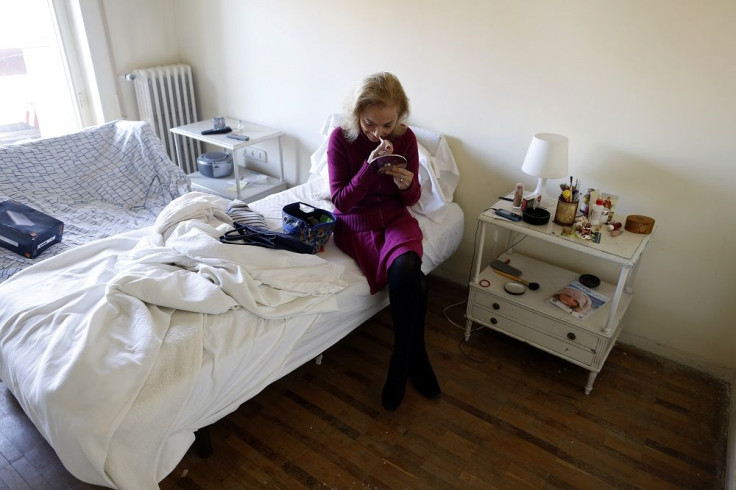Alzheimer’s Conference Tackles Eli Lilly’s Salanezumab, Biogen’s Aducanumab Which Target Amyloid Plaque In Brain

Attendees to the Alzheimer’s Association International Conference, which convened on Saturday in Washington, DC, are awaiting the presentation of two giant pharmaceutical companies for the presentation of two drugs. These are salanezumab from Eli Lilly and aducanumab from Biogen.
The hope comes from revival of the anti-amyloid plaque theory and the conference’s focus on combination therapies and early intervention to address the ailment that hits many seniors on a background of failure in development efforts in that therapeutic area in the past 20 years. The two drugs, which reduce amyloid plaque in the brain, are being tried on patients with mild cognitive impairment, or MCI, the earliest stage of Alzheimer’s, reports BioPharmaDive.
“This year is different because multiple mechanism are being explored and there’s a tremendous revival of faith in the anti-amyloidal approach,” explains Reisa Sperling, director of Harvard Medical School’s Center for Alzheimer’s Research, quotes Reuters.
The beta amyloid is a sticky protein that builds up in the brain and contributes to Alzheimer’s, according to a leading theory. Salanezumab aims to bind the amyloid and clear it from the brain, reports The Wall Street Journal.
The two drugs are expected to benefit 5 million Americans suffering from the disease. If the rapid growth of Alzheimer’s patients is not slowed down, their number would grow to 28 million by 2040, while costs of treating the ailment is estimated to eat 25 percent of Medicare’s entire budget.
Studies in 2012 of the two drugs found it ineffective. However, Eli Lilly will present new data on salanezumab on people with mild to moderate Alzheimer’s. The company did a crossover in the trial wherein those who took placebo were later given salanezumab and compared to those who took salanezumab from the beginning of the study.
For aducanumab by Biogen, a study in March found that the experimental medication significantly cut the beta amyloid in the patient’s brain and at the same time slowed the impairment in MCI patients. Previous studies found that only the 3-millgramme and 10-milligramme dosages elicited response resulting in reduced amyloid plaques and better cognitive function. The 1-milligrame dosage was ineffective, but the 10-milligramme also cause brain swelling, so the focus is now on dosage. Biogen hopes a 6-milligramme dosage would be the proper combination to have maximum efficiency without the swelling.
To contact the writer, email: vittoriohernandez@yahoo.com





















